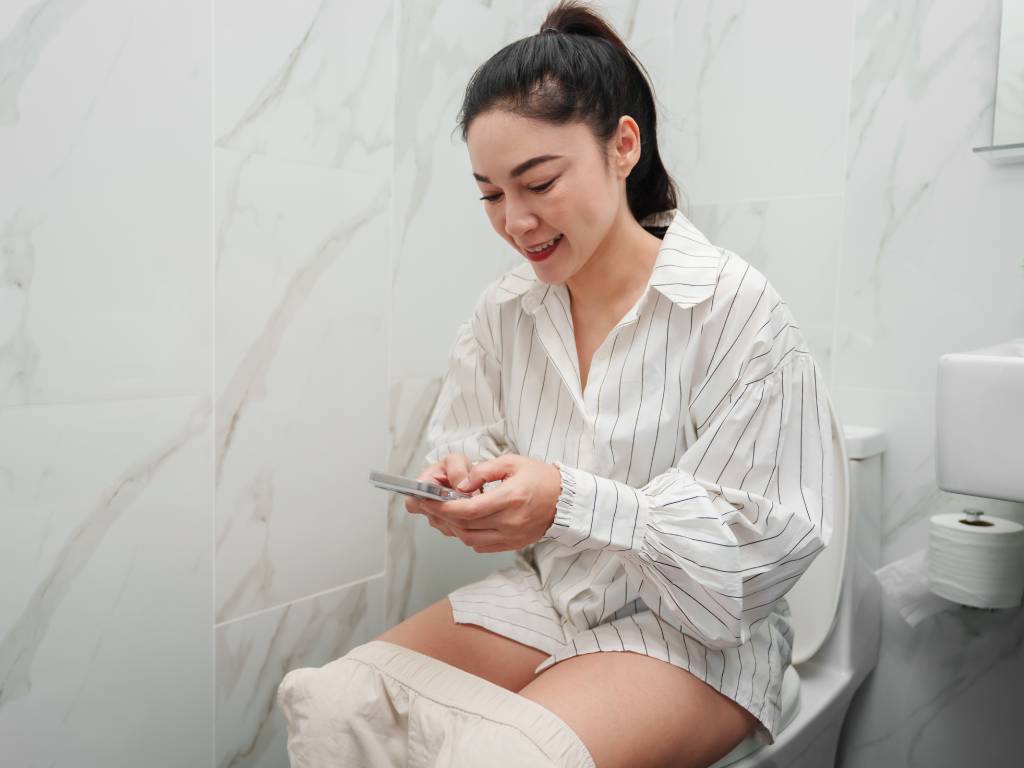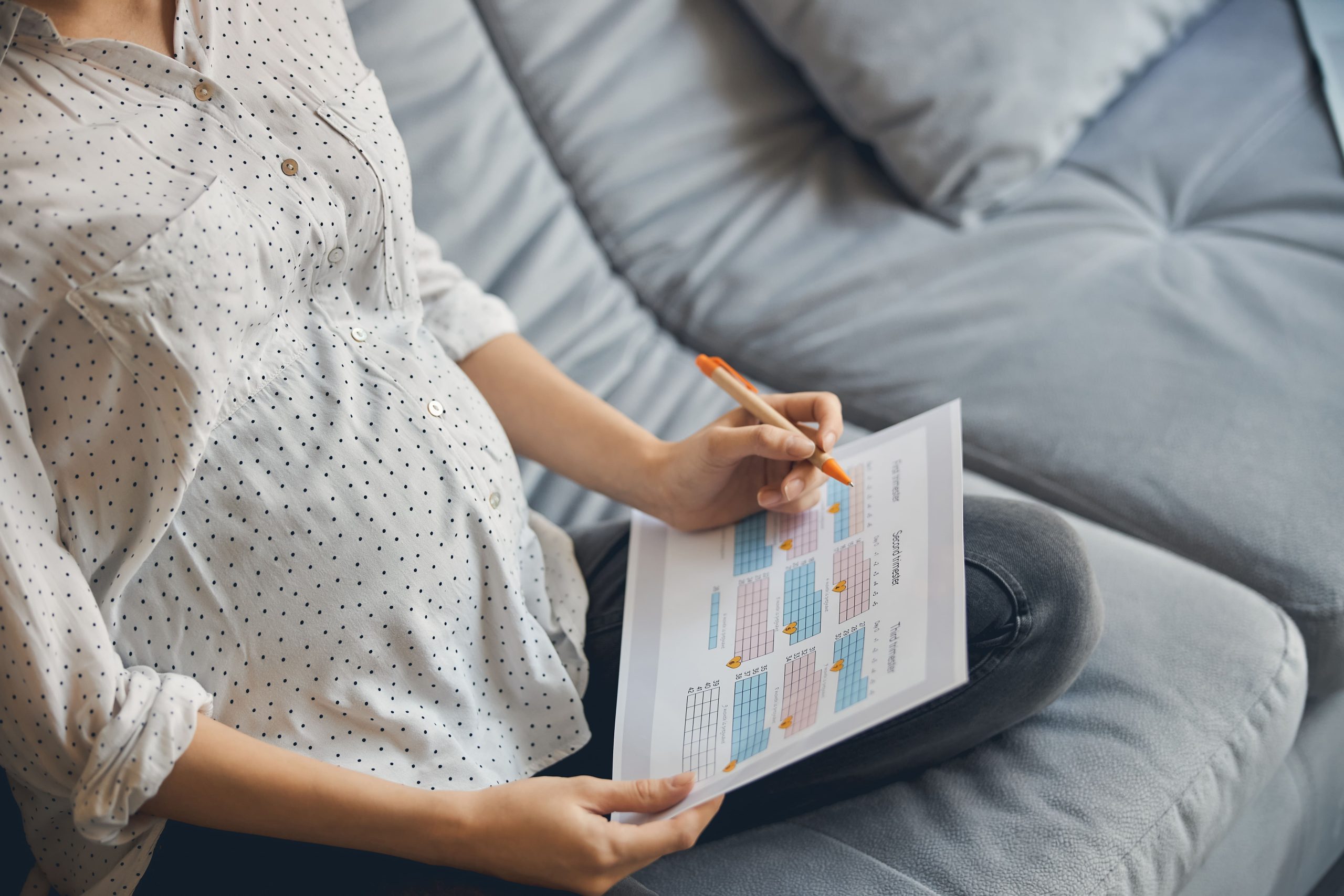Why Peeing in the Shower Can Lead to Urinary Incontinence

We get it. Peeing in the shower might seem like a harmless time-saver, but is it really? While it may feel efficient, this habit can train your brain to associate the sound of running water with the urge to urinate, leading to awkward moments of urgency at the wrong times. On top of that, standing in the shower prevents your pelvic floor muscles from fully relaxing, which could weaken them over time. This combination makes peeing in the shower a potential setup for bladder control issues. So, how does this mental conditioning play into urinary urgency? Let’s explore the science behind it.
Mental Conditioning and Urinary Urgency
Your brain loves shortcuts, and peeing in the shower is the perfect training ground. Just like Pavlov’s dogs drooled when they heard a bell, your brain starts associating the sound of running water with the urge to pee. But instead of saliva, it’s urine that flows. Every time you hear water from the showerhead or the sink, your brain sounds the alarm — time to go, whether you need to or not.
This conditioning not only messes with your bladder signals, it can set you up for bigger problems. Over time, your bladder starts acting on these unnecessary triggers, and the urge becomes harder to control. What seems like a small habit can contribute to urinary incontinence, where your body struggles to keep things in check when it should. Let’s explore how this conditioning is linked to urinary incontinence and the physical strain on your pelvic floor.
Stress Incontinence and Pelvic Floor Weakness
So, we’ve already established that your brain loves playing tricks on you, but your pelvic floor muscles? They’re not getting off easy either. Stress incontinence, one of the six types of urinary incontinence, happens when everyday moves like coughing, sneezing, or laughing add pressure to your bladder, and you suddenly find yourself in an embarrassing situation.
Peeing in the shower makes it worse. Standing strains your pelvic floor muscles, leaving them weaker over time. Before you know it, those simple activities turn into a high-stakes game of “Will I leak”? This all adds up, and suddenly, you’re dealing with stress incontinence on top of that mental conditioning we talked about earlier.
Stress and Bladder Control
And to make matters worse, when psychological stress kicks in, your bladder has a field day. Stress heightens bladder sensitivity, making those mental triggers even more frequent. Suddenly, every little sensation feels urgent, and your brain starts sending you to the bathroom on overdrive.
While stress itself doesn’t cause stress incontinence, it absolutely turns up the volume on bladder urgency. So now, you’re not just battling weakened pelvic muscles but also a hyper-sensitive bladder that’s reacting to both physical and emotional stress. The combination? A recipe for even more unwanted surprises.
How to Prevent Urinary Incontinence

After unpacking how mental conditioning and physical strain can cause accidental leaks, it’s time to focus on prevention. First, always sit when you pee. This simple habit ensures your pelvic floor muscles can relax fully, avoiding unnecessary strain. To take it further, add Kegel exercises into your routine. They work like a workout for your pelvic muscles, making bladder control stronger. However, be careful, as many people make common mistakes with Kegels. To avoid them, check out our blog Avoid These Common Kegel Exercise Mistakes! for guidance.
Additionally, keep an eye on diuretics like caffeine and alcohol. Not only do these sneaky culprits ramp up urine production, they also increase your urgency to pee. This extra strain on your bladder and frequent bathroom trips can lead to dehydration. For women going through menopause, dehydration poses an added risk. Oestrogen typically helps flush uric acid out of the body. However, as oestrogen levels decline, uric acid can build up more easily, increasing the risk of gout flare-ups. When dehydration is added to the mix, uric acid becomes even more concentrated in the bloodstream, raising this risk further. By cutting back on diuretics, you’ll help manage these sudden urges, support your body’s natural balance, and maintain hydration for overall wellness.
Take Back Control of Your Life
Imagine living without worrying about leaks every time you laugh, sneeze, cough, or exercise. At Orchard Clinic, we understand how frustrating and embarrassing urinary incontinence can be, but it doesn’t have to control your life. Our Emsella Chair offers a non-invasive alternative that strengthens your pelvic floor muscles, giving you the freedom to enjoy your daily activities without the fear of accidents.
Now is the perfect time to act. For a limited time, experience our urinary incontinence care plan at a trial price of just S$28. With this exclusive offer, you can take the first step toward regaining control and confidence in your life. Our consultants are here to support you every step of the way so don’t wait. Book your consultation today and start living without limits!
Book An Appointment
Latest Articles
Parkway Parade
| Tue, Fri & Sat | 9:00AM – 6:00PM |
| Mon, Wed, Thu, Sun & PH | Closed |
Orchard
| Mon, Fri & Sat | 9:00AM – 6:00PM |
| Tue, Wed & Thu | 9:00AM – 8:00PM |
| Sun & PH | Closed |
Copyright © 2025 Orchard Clinic. All Rights Reserved. Privacy Policy



